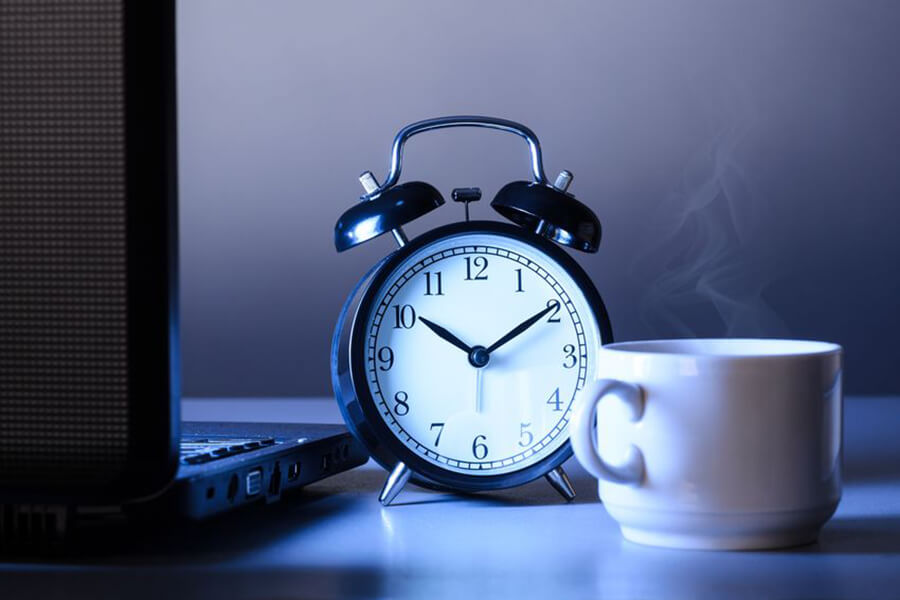Caffeine has long been thought to cause significant detriment to sleeping patterns, and for those relying on caffeine should know that it is not always the answer.
Studies have shown that lack of sleep can cause impaired performance on many types of tasks, but caffeine can help some people perform simpler tasks.
Caffeine was found to not have such a significant effect on performance for most people for complicated tasks but it was able to improve the ability to stay awake.
The Rise of Sleepless Nights in America
Lack of sleep in the United States is a pervasive problem that has only been exacerbated during the global pandemic, an issue that can affect cognition skills, alter the mood, and compromise the body’s immunity.
Caffeine can provide a boost of energy and elevate moods, but it can never replace a full night of sleep. Some people may feel as if caffeine can stave off sleep deprivation, but performing more intricate level tasks may be more difficult.
This is why sleep deprivation can be so dangerous for both men and women.
The Negative Effects of Caffeine
Caffeine doesn’t just affect how you sleep, but as a stimulant it can also make it harder to fall asleep as it can delay the timing of the body clock. Caffeine also reduces the amount of REM, deep sleep, that your body should experience every night.
Certain studies have found that consuming caffeine 6 hours before bed can reduce total sleep time up to an hour.
Older adults may experience stronger effects as their bodies take longer to process caffeine.
Common side effects from consuming caffeine include:
- Diarrhea
- Nausea
- Night sweats
- Increased heart rate
- Increased breathing rate
- Muscle spasms
Withdrawal symptoms from consuming caffeine include:
- Headaches
- Drowsiness
- Low energy levels
- Bad moods
The findings indicate the importance of sleep in support of overall health.

